

We Will Turn To The Pagans
“It was necessary that the word of God should be spoken first to you” – Read Acts 13:44-51
Browse past isues
Help the mission
Support the mission
Get in touch


“It was necessary that the word of God should be spoken first to you” – Read Acts 13:44-51
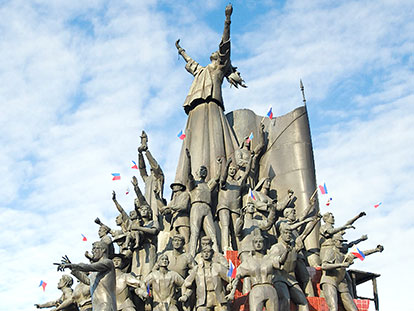

Actress, journalist, and broadcaster, June Keithley-Castro (1947-2013) had recently come back to the practice of her Catholic faith when, because of unexpected circumstances, she became the voice of the non-violent EDSA revolution through the microphone of the clandestine Radyo Bandido. Her courage to risk her own safety, among other things, inspired the masses who toppled the Filipino dictator Ferdinand Marcos. After a life of broadcasting for her faith, she fought bravely against cancer and, in 2013, managed to be present at the 27th year commemoration of EDSA Revolution and receive the “Spirit of EDSA” award, together with her mentor Fr. James Reuter who, however, had died the previous year. A few months later, the Lord took her as well.


On many occasions at the start of his pontificate, Pope Francis has talked about how God’s mercy touched him at a very young age. Often understood merely as God’s compassion, mercy is more than that. Aside from its capacity to heal one’s brokenness, it has the power to transform a person, and to cultivate a spirit of zeal and mission that enables one to share this wonderful and concrete expression of God’s love.
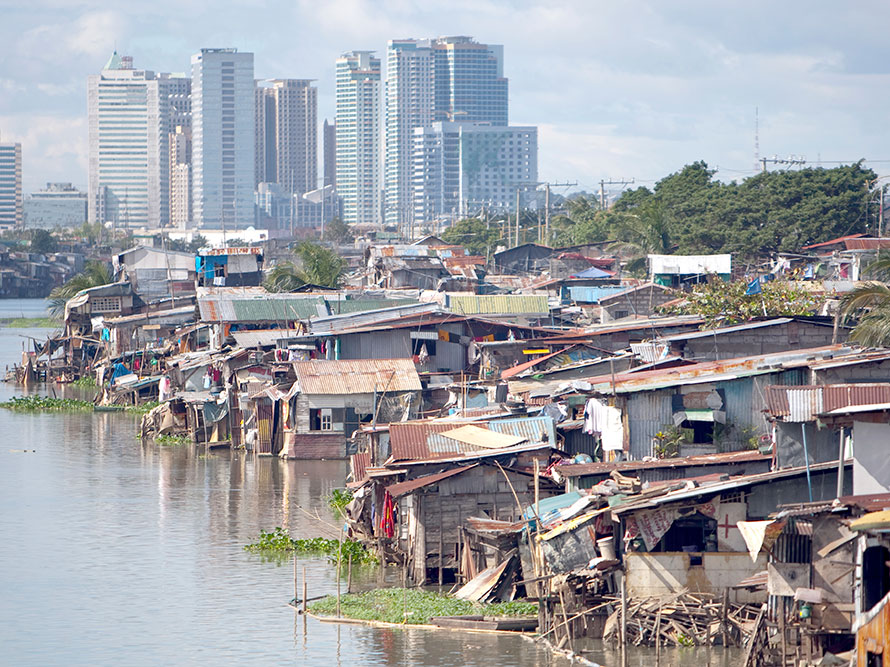

Given the ecological crisis, we will have to rethink our obsession with overconsumption and focus on an ecologically sustainable economy that narrows the gap – the gap often ‘bridged’ by violence – between rich and poor. Capitalism, particularly financial markets, will need to be regulated more. This is just a part of the way out of a global system that tramples human dignity and threats people as discardable commodities. A vicious trap that Pope Francis so aptly resumed in a single exhortation: “Money must serve, not rule!”
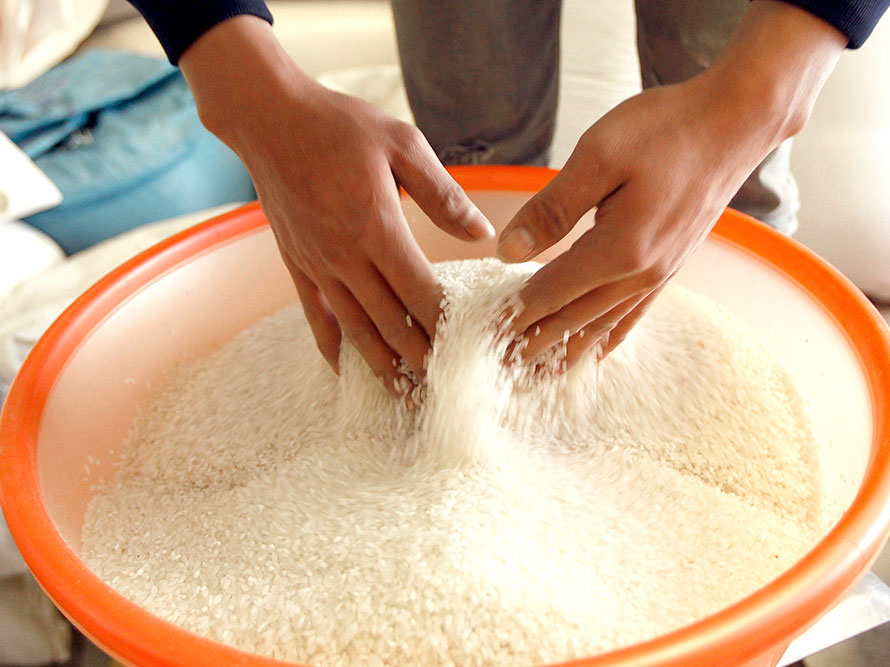

Rice is a key resource and commodity not only among Southeast Asian countries, but in significant parts of Africa, the Middle East, and the Americas. However, many factors, both natural and man-made, have impeded the free trade of rice between countries, as if rice has attained the stature of gold as an article of commerce. Aside from climate change, greed still seems to be the major obstacle in ensuring food security and rice sufficiency all across the globe. Time and again, the Church has urged the international community to work together to eliminate not only the structures that hinder economic cooperation but those that perpetuate the menace of hunger as well.
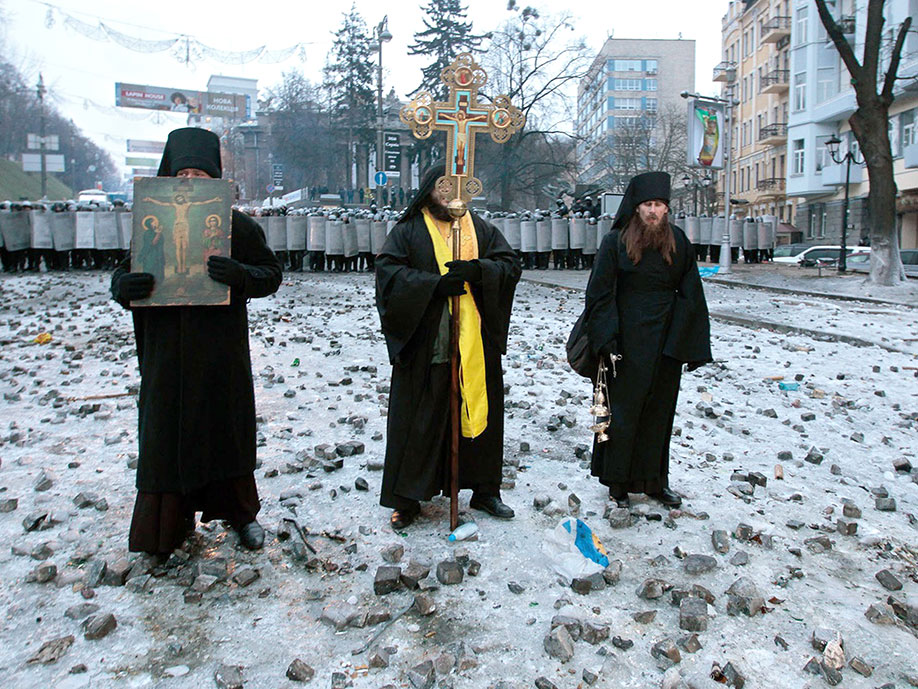

Exercising social justice does not only mean confronting those who violate a person’s dignity or rights. It can also mean doing ordinary things that help others grow in their relationship with God and others. But before this can happen, the tools needed to promote an equal society for all must first be cultivated.


Peace, freedom and ethnicity are some of the social values that are often taken for granted. Most of the time, peace is simply interpreted as the absence of violence, freedom as the absence of force or restrictions, and ethnicity as being unapologetically different. However, only with a genuine reinterpretation of these values can one say that a society is truly just.
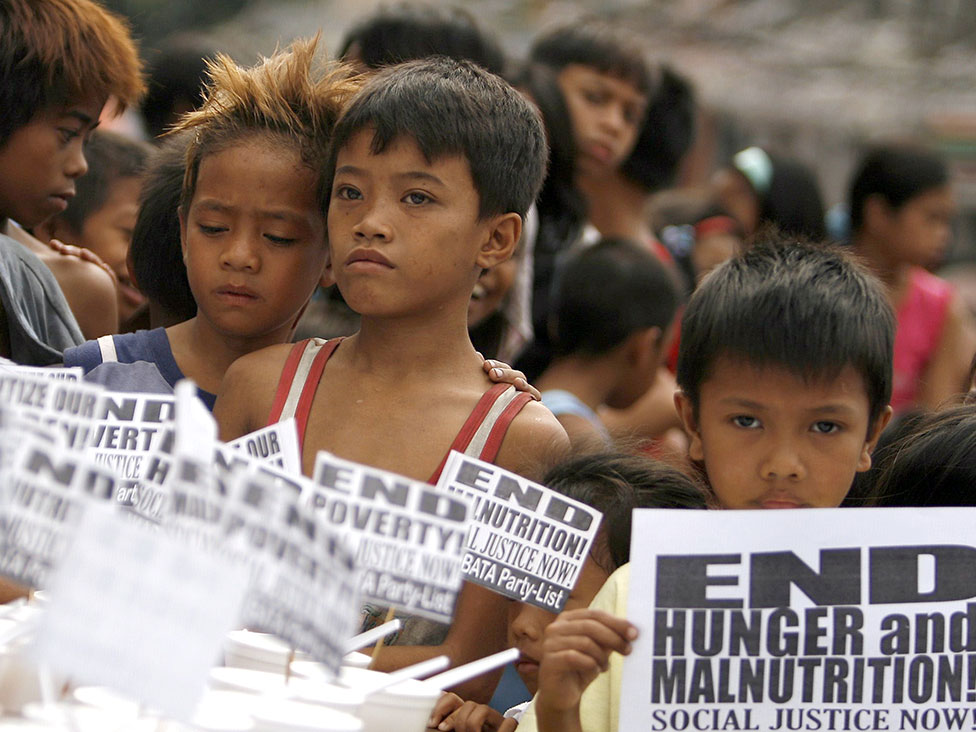

These days, the term “social justice” is regarded loosely, as if it were a mere utopian concept that cannot be achieved. Therefore, one cannot fully say that a society is truly free until a better understanding and dispensation of social justice in the context of upholding human rights can be attained.


Homelessness can only be experienced by those who truly have nothing. But the experience of being homeless and poor can also enrich us, allowing us to appreciate what God has given us and to help those who have nothing to call home.
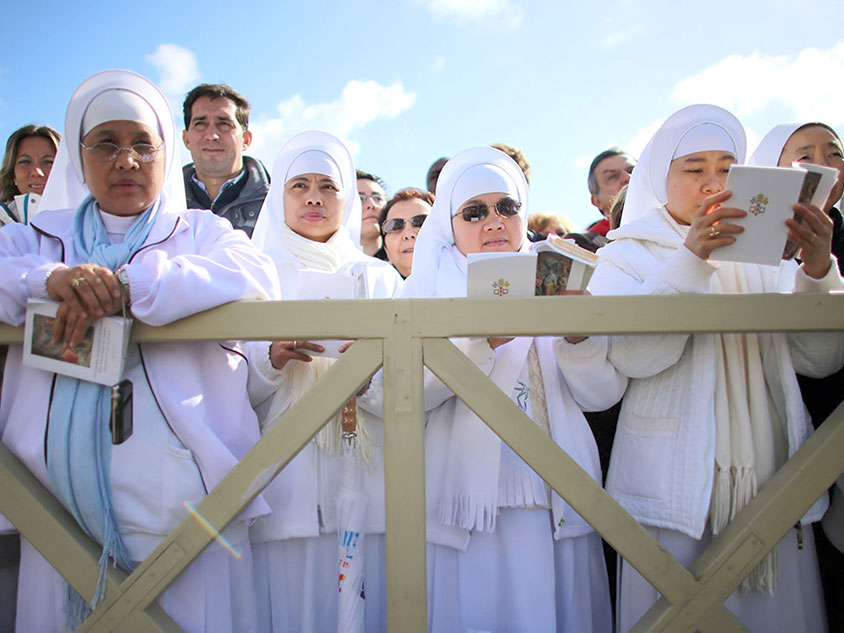

November 29, 2013 was a very big day for religious life in the Church.
